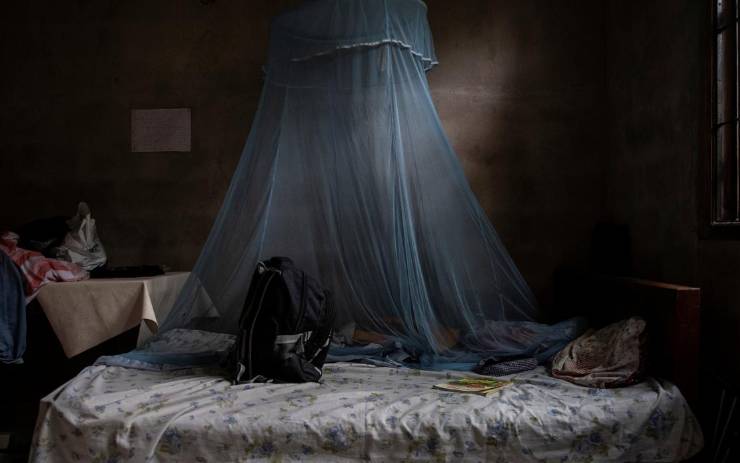×
The Standard e-Paper
Join Thousands Daily

A school bag is seen on the bed of Wishmi, 14, a student, in Negombo, Sri Lanka, April 30, 2019. Wishmi, her sister and their father were killed during Easter Sunday bombings at St. Sebastian Church in Negombo, while her mother Chandima Yasawardheena was injured. [Reuters]
In Sri Lanka’s capital, Colombo, a lane that used to be alive with the sound of children playing is silent.